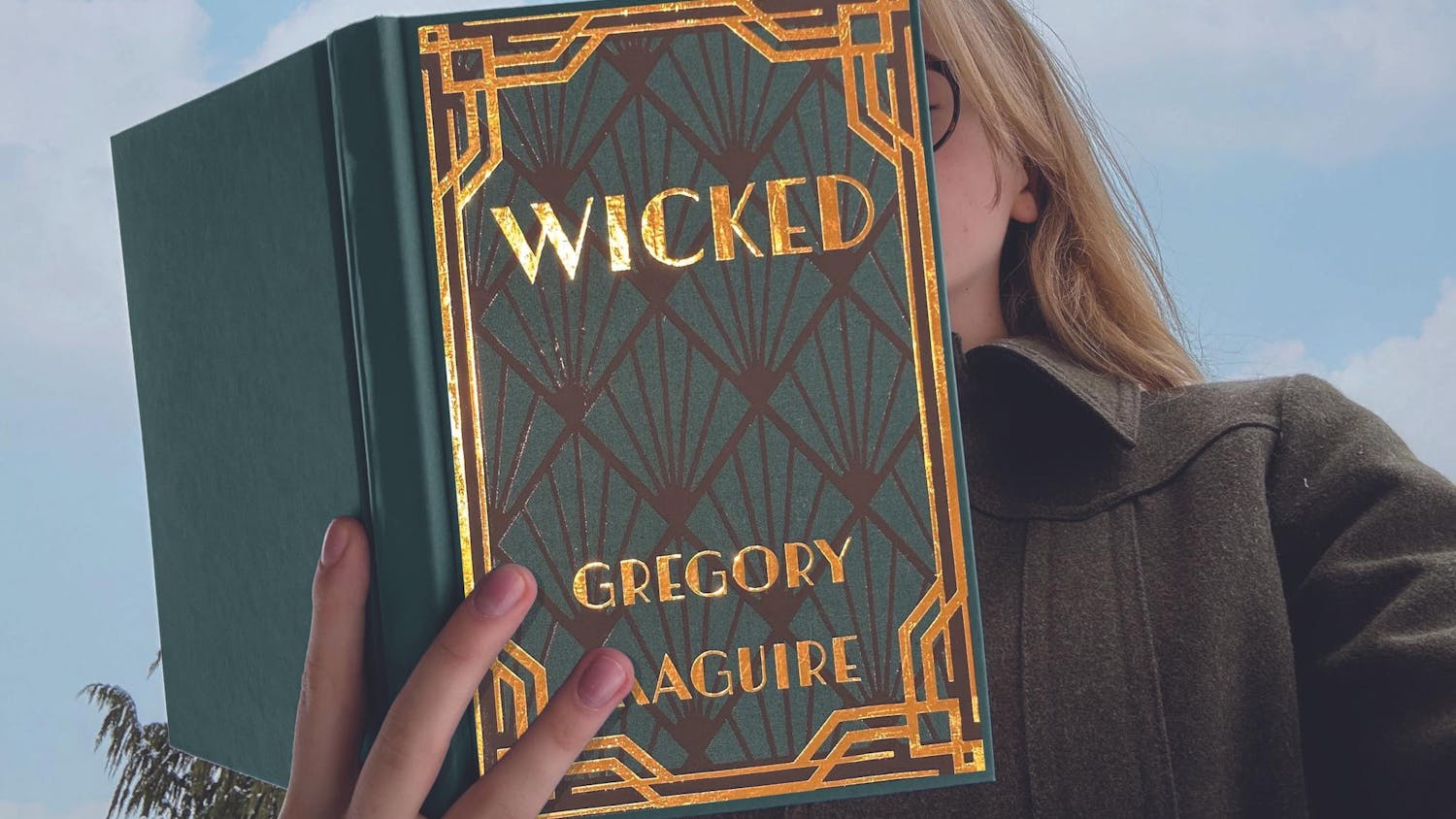Art, religion, culture, identity and the angst of young adulthood are all encompassed in “My Name Is Asher Lev” by Chaim Potok.
“My Name Is Asher Lev” is about a young Hasidic Jewish boy living in New York City in the 1950s. Asher Lev has a talent for art, but his talent is not encouraged in his very traditional Hasidic community. No matter how hard he tries, he is constantly drawn back to art and eventually trained in it.
His community, as well as his parents, however, are not happy with his pursuit of art and try to discourage it. As Asher Lev grows up, he struggles with inconsistencies in his culture and religion, as well as his own identity growing up in New York as a young Jewish boy.
“My Name Is Asher Lev” takes us through his journey of grappling with his identity, gifting and the surrounding norms in his community. This book is accompanied by a second book, “The Gift Of Asher Lev,” which is about Asher Lev and his family.
The author, Chaim Potok, was a Jewish American author, playwright, editor and rabbi during the mid to late 1900s in New York City. He started writing at the age of 16, and his first book, “The Chosen,” was listed as a New York Times Bestseller and sold more than 3.4 million copies.
Potok had a similar background to Asher Lev as he was also from a traditional orthodox Jewish family and struggled to align his passions, writing and art with his practices.
Although he was an official rabbi, he did not have a congregation. There is no specific reason given as to why, but one could surmise that his unorthodox beliefs and practices would not fit within the standards of traditional Jewish families.
A common theme throughout “My Name Is Asher Lev” is the tension between what is considered religious and secular. Asher Lev’s artwork does not have anything bad in it, but his community was not happy with the fact that he does art.
Why would art be considered a time waste, and what makes art “good” or “bad”? These are a few of the questions that rotate throughout the book.
After I read this book, I could not stop talking and raving about it for days. One of my favorite things about the book was Potok’s style of writing. He writes very short and simple sentences; however, they hold deep meaning and are very impactful.
“I stood on the beach and felt wind-blown sprays of ocean on my face, and I prayed. And sometimes the words seemed more appropriate to this beach than to the synagogue on my street,” Asher Lev thinks.
Potok is also a very descriptive writer and has a unique way of describing what the character is seeing or experiencing.
“I walked the streets and tasted the golden sun that lay across the city,” Asher Lev thinks.
If you are someone who enjoys books that make you dig and think deeper about life, religion and identity, then “My Name Is Asher Lev” is the book for you. It may not give you answers, but it will help raise questions that make you think deeper. It’s the kind of book that leaves a lasting impact.




